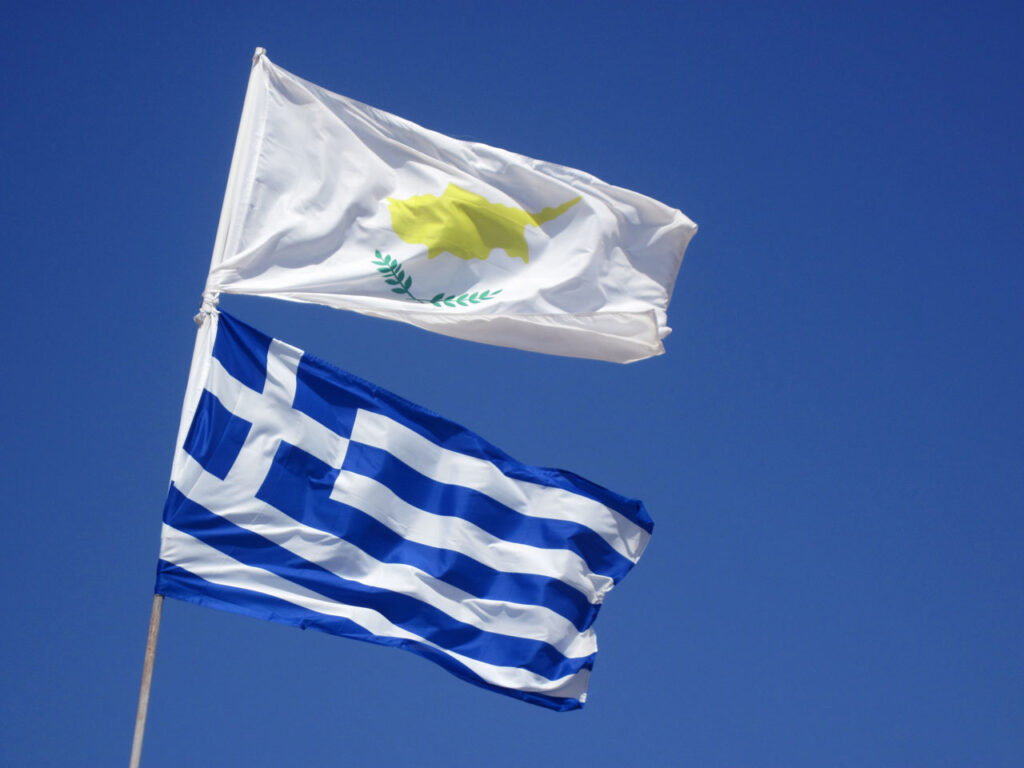Greece and Cyprus have taken a significant step towards strengthening their energy cooperation by signing a memorandum of understanding (MoU) to move forward with the Great Sea Interconnector (GSI) project. This ambitious initiative aims to link continental Europe to the East Mediterranean through a subsea electric cable, spanning an impressive 1,240 km and reaching depths of 3,000 meters. Upon completion, the GSI cable will not only be the world’s longest high-voltage cable but also the deepest.
The project, valued at 1.9 billion euros ($2.12 billion), will initially connect Cyprus to Europe’s transmission networks, with plans for future expansion to Israel. This development is crucial for Cyprus, which still relies heavily on expensive fuel oil to generate electricity, resulting in higher costs for consumers compared to their European counterparts.
Cyprus boasts proven gas reserves, but these remain untapped. The GSI project promises to facilitate the island’s energy transition and support Greece’s goal of becoming a clean energy conduit. The ministries emphasized the strategic importance of this project for Cyprus, Greece, and the EU.
Work on the project is set to resume in the coming days, following the signing of the MoU on Friday night. This move comes after Cyprus sought clarifications on the project’s total cost, viability, and potential liabilities for unforeseen delays.
The GSI project is part of a broader effort to enhance energy cooperation in the region. Similar initiatives include the EuroAfrica Interconnector, a subsea cable linking Egypt, Cyprus, and Greece, and the EuroAsia Interconnector, connecting Cyprus, Greece, and Israel. These projects aim to promote renewable energy, reduce dependence on fossil fuels, and strengthen regional energy ties.



